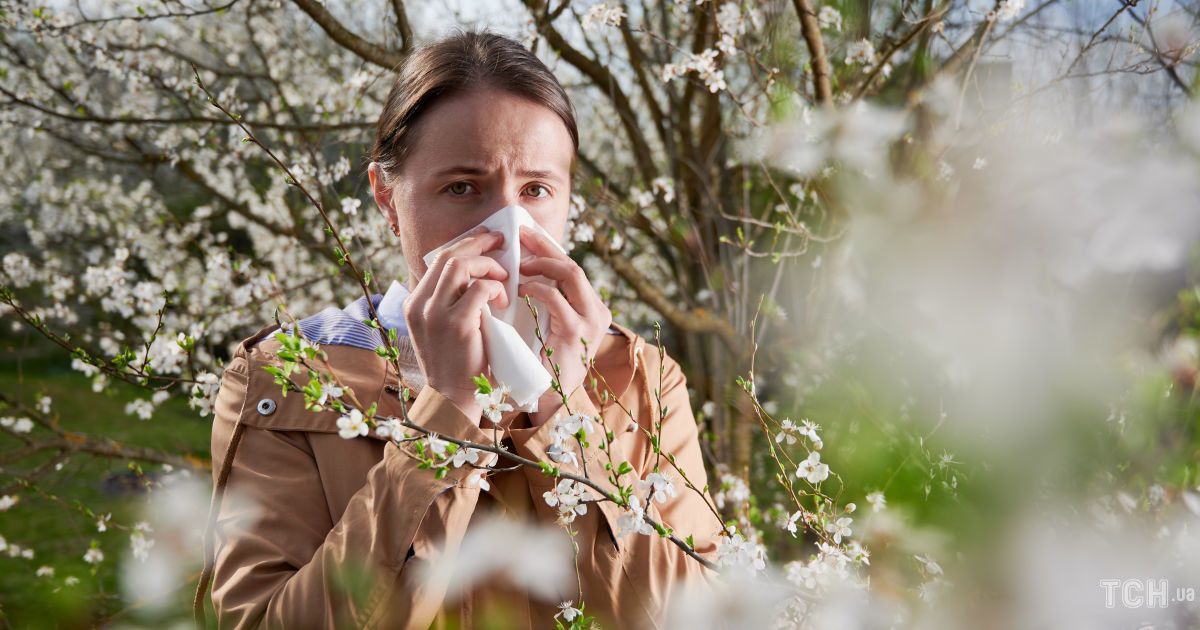When hay fever season rolls around, in addition to the usual array of runny noses, coughs, and itching, allergy sufferers can experience some rather unexpected symptoms.
The Sun tells about them.
Typical and atypical allergy symptoms
Most of us usually associate seasonal allergies with the following symptoms:
sneezing and coughing
runny nose or stuffy nose
itchy, red, or watery eyes
itching in the throat, mouth, nose and ears
But you can also experience hay fever in these five amazing ways:
anosmia
pain around the temples and forehead
headache
ear ache
feeling tired
If you suffer from asthma, you may wheeze or cough, feel short of breath, or feel chest discomfort.
The study, commissioned by Olbas, found that itching, redness or watery eyes were the most common symptoms experienced by the 1,500 adults surveyed (68%), followed by nasal congestion (67%) and frequent sneezing (66%).
But 60% reported struggling with serious symptoms such as ear pain (18%), facial pain (19%) and even a complete loss of smell (22%).
How to deal with hay fever symptoms
The main task for an allergy sufferer in the spring is to avoid pollen as much as possible.
One of the best ways to protect yourself from hay fever is to stay indoors and keep the windows closed in homes and cars during the active flowering period.
Hay fever usually starts in late March and can last until September.
Trees typically shed pollen by mid-May, but grass pollen counts tend to increase dramatically once tree pollen counts drop and continue into July.
Then begins the weed pollen season, which usually covers the period from late June to September.
If you go outside, be sure to take a shower and change clothes afterwards, so as not to bring extra pollen into the house.
Another basic but simple tip to follow is to wear glasses or sunglasses during the months when hay fever affects you the most.
You can also avoid getting pollen particles in your hair by keeping your hair up or wearing a hat.
Apply a thin layer of petroleum jelly around your nostrils morning, afternoon and night to trap pollen and relieve unpleasant symptoms, and it can also help you sleep better at night.
It is also worth observing the following rules throughout the season:
keep windows and doors closed as much as possible
vacuum regularly and wipe surfaces with a damp cloth
buy a pollen filter for the deflectors in the car and a vacuum cleaner with a HEPA filter
Be sure to consult with your doctor about how to alleviate your condition.
Read also:
Allergy during pregnancy: how to deal with it, its causes and symptoms
Food allergy: symptoms, diagnosis and list of dangerous foods
Nutrition of a nursing mother: how to prevent allergies in a child
